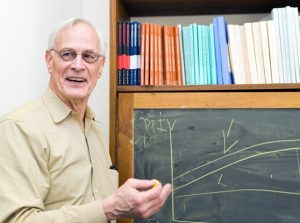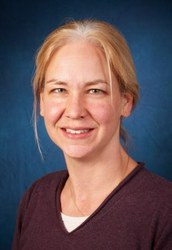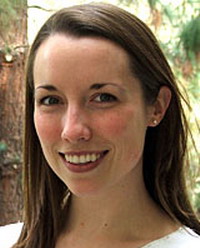Paula England, New York University
CCPR Seminar Room 4240 Public Affairs Building, Los Angeles, CA, United States "How the Motherhood Penalty Varies by Wage, Cognitive Skill, and Race: A Reassessment"
*Co-sponsored with the Family Working Group.
Abstract: Motherhood reduces women’s wages. Is the size of this penalty largest among the most or least advantaged women? Two 2010 papers using the same panel data suggest opposite answers to this question. With and without controls for years of employment experience, Wilde et al. find higher motherhood wage penalties for those with higher cognitive skill, while Budig and Hodges find higher penalties for women at lower wage levels. Taken together, these findings are puzzling, because women with higher cognitive skills typically have higher wages. Using unconditional quantile regression, panel data, and fixed effects, we assess how penalties vary by intersections of skill, wage level, and race. We find that the most advantaged women—white women with high cognitive skills and high wages—experience the highest total proportionate penalties, estimated to include effects mediated through experience. Although this group has the most continuous experience, their high returns to experience make even the small amounts of time they typically take out of employment for child rearing costly. Penalties net of experience, which might represent employer discrimination or effects of motherhood on job performance, do not differ consistently by race, skill, or wage; they afflict advantaged and disadvantaged women approximately equally.













